Israel is facing mounting scrutiny over allegations that it is holding dozens of Palestinians from Gaza in a secret underground detention facility where they are denied daylight, contact with families and access to lawyers. Human rights lawyers and former detainees have described the site, known as Rakefet prison as a subterranean complex used to keep Gaza detainees in total isolation under military authority.
Secret facility under spotlight
According to the Public Committee Against Torture in Israel (PCATI) as reported by the Guardian, several detainees have been held for months without charge or trial, including a nurse arrested in his scrubs and a young food vendor. Lawyers say they are kept in windowless cells with limited ventilation and constant artificial light, deprived of news from the outside world.
The revelations come as Israel faces increasing pressure from mediators to release Hamas fighters and civilians trapped in tunnels in Gaza. Rights groups warn that the treatment of Palestinian detainees risks breaching international law, particularly the Geneva Conventions, which prohibit arbitrary detention and inhumane conditions of confinement.
Legal ambiguity and lack of oversight
The facility’s existence and Israel’s refusal to confirm or deny details has sparked debate within the country’s legal community. Former prisoners and lawyers claim the underground site functions outside the oversight of the Israel Prison Service, instead being managed by the military under emergency regulations.
Israeli officials have maintained that all detentions are conducted in accordance with the law and security protocols, but they have not commented specifically on Rakefet. The secrecy has drawn concern from Israeli civil rights advocates who warn that unchecked military authority risks undermining the rule of law.
Wider pattern of detentions
Rights organisations say the case reflects a broader trend since the Gaza war began last year. Thousands of Palestinians have been detained across Gaza and the West Bank, many under administrative detention, a policy allowing imprisonment without charge for renewable six-month periods.
Reports of deaths in custody, beatings, and prolonged isolation have risen sharply in recent months. Human rights monitors argue that these practices indicate systemic violations, not isolated incidents, as Israel’s security establishment expands its detention powers under wartime conditions.
Balancing security and human rights
The controversy underscores Israel’s deepening dilemma over balancing national security with human rights obligations amid an ongoing conflict. The government argues that Hamas fighters embed themselves in civilian areas, necessitating strict interrogation and isolation protocols. Critics, however, say the state’s reliance on secrecy and indefinite detention erodes democratic accountability and fuels further radicalisation among Palestinians.
Global concern and diplomatic fallout
The allegations have drawn concern from the European Union and the United Nations, both calling for Israel to allow international inspection of all detention sites. Humanitarian organisations have stressed that while Israel’s right to defend itself is recognised, detaining civilians without daylight or trial violates fundamental international norms.
Diplomats warn that such practices could complicate ceasefire negotiations and future prisoner exchanges. Hamas has already cited reports of mistreatment as grounds to halt talks on hostage releases.
An emblem of a deeper conflict
If confirmed, the existence of an underground facility detaining Palestinians without trial would add a new layer of controversy to a war already defined by humanitarian and legal disputes. For now, the Rakefet prison remains shrouded in secrecy, a potent symbol, rights groups say, of how the Gaza conflict has blurred the line between security imperatives and basic human rights.
With inputs from agencies


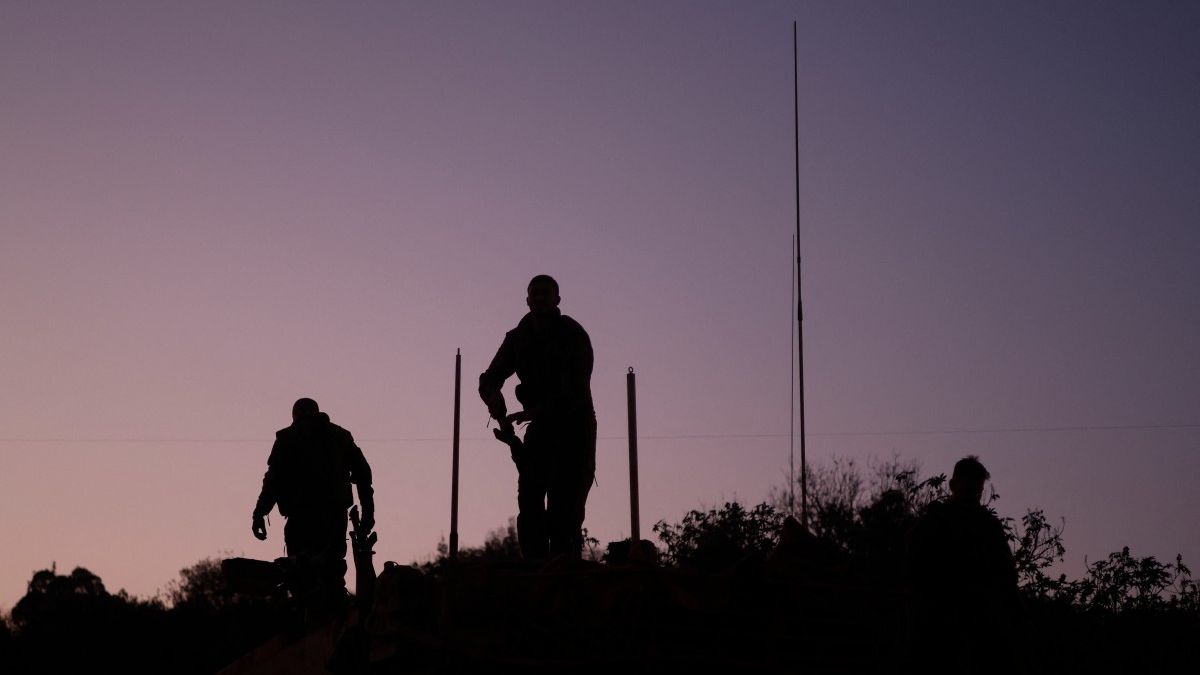)
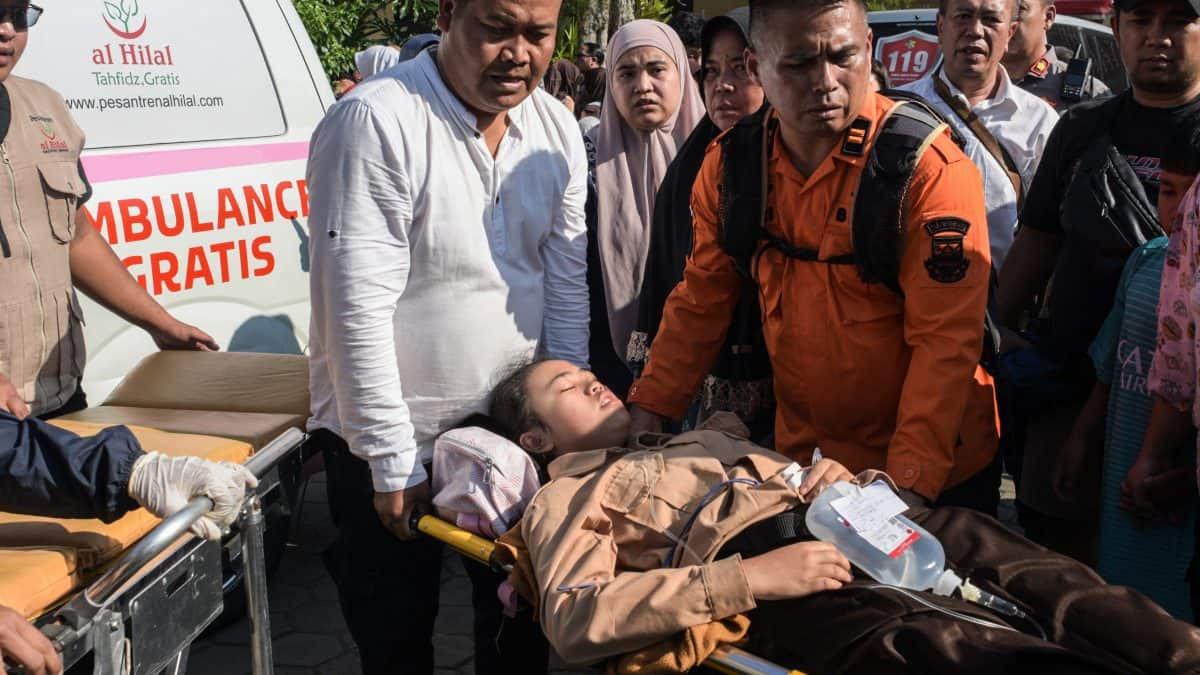
)
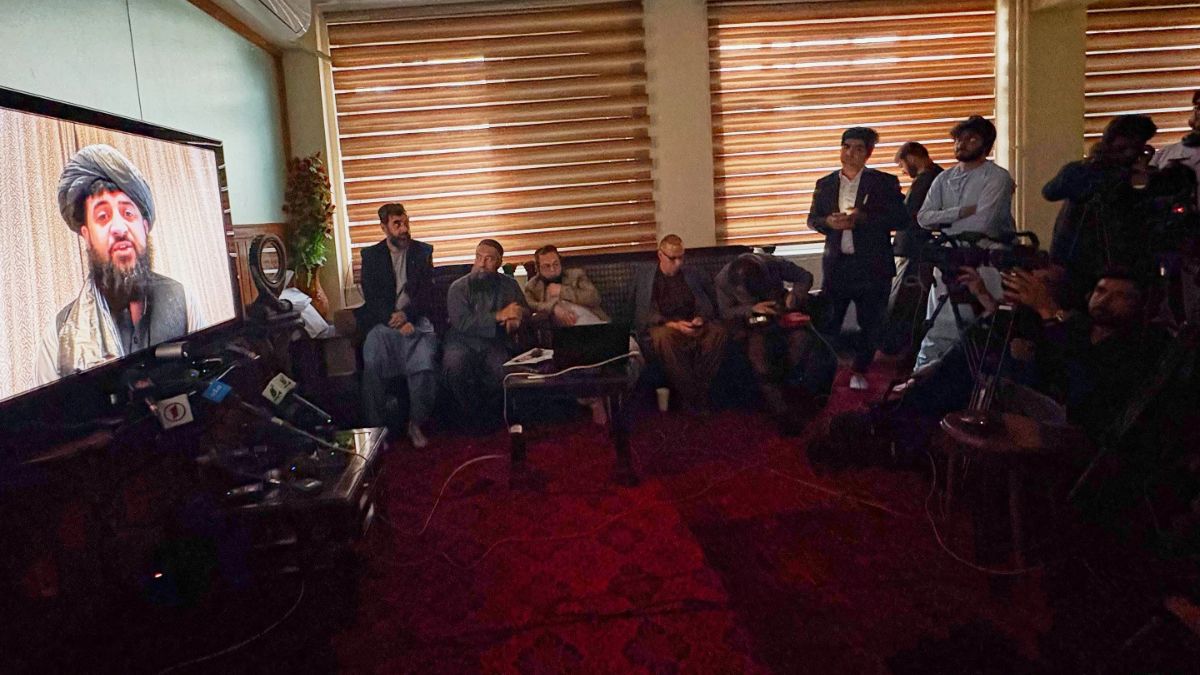)
)
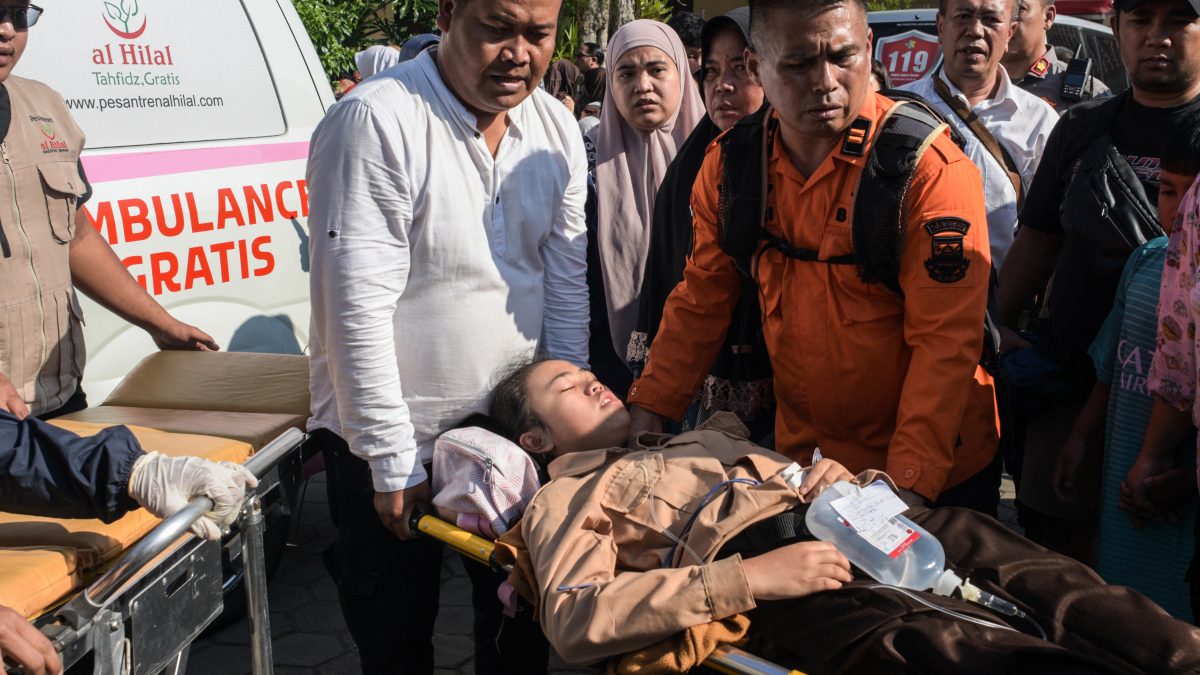)
)
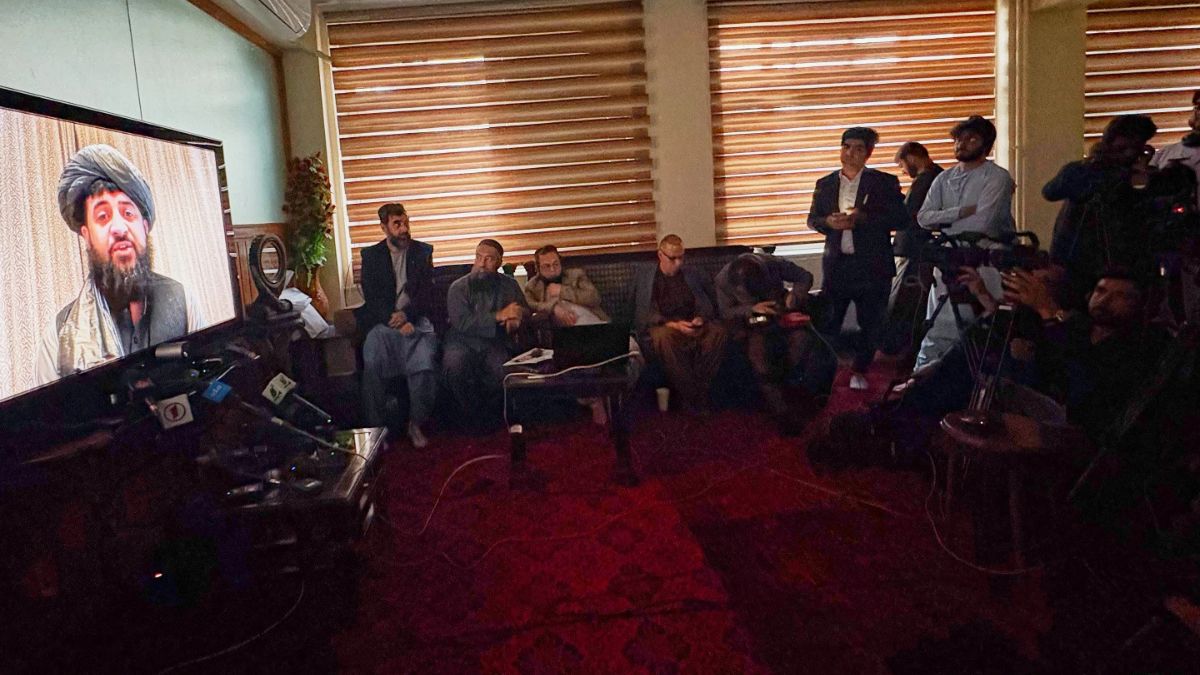)
)
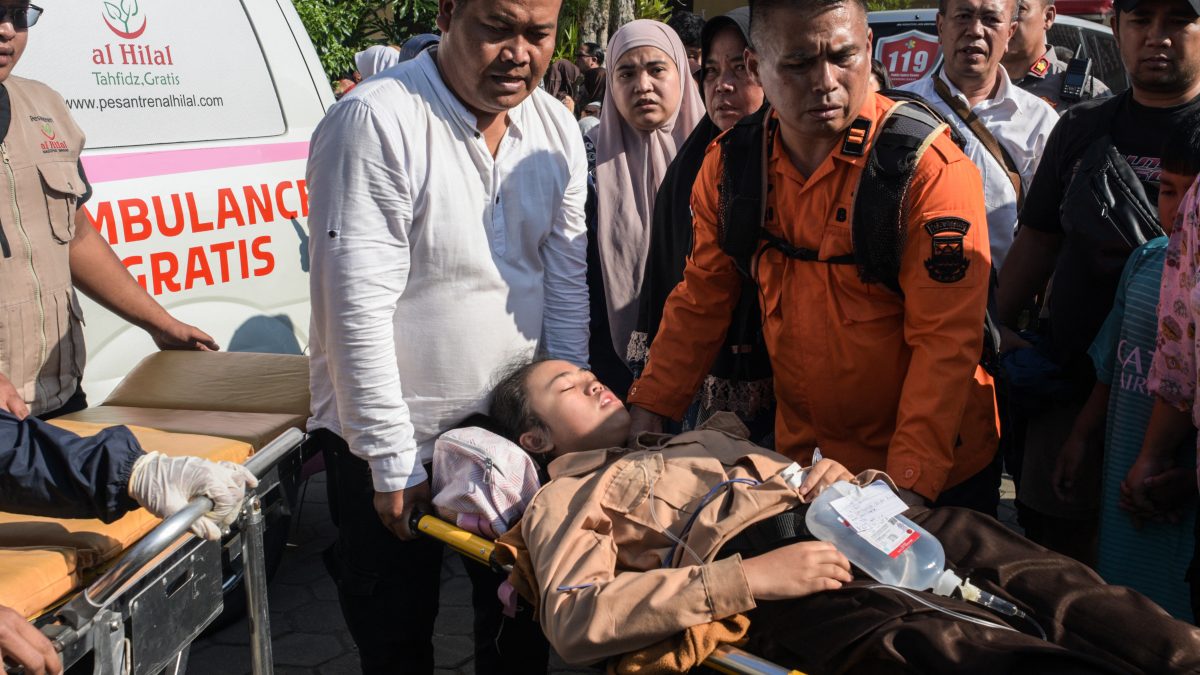)



